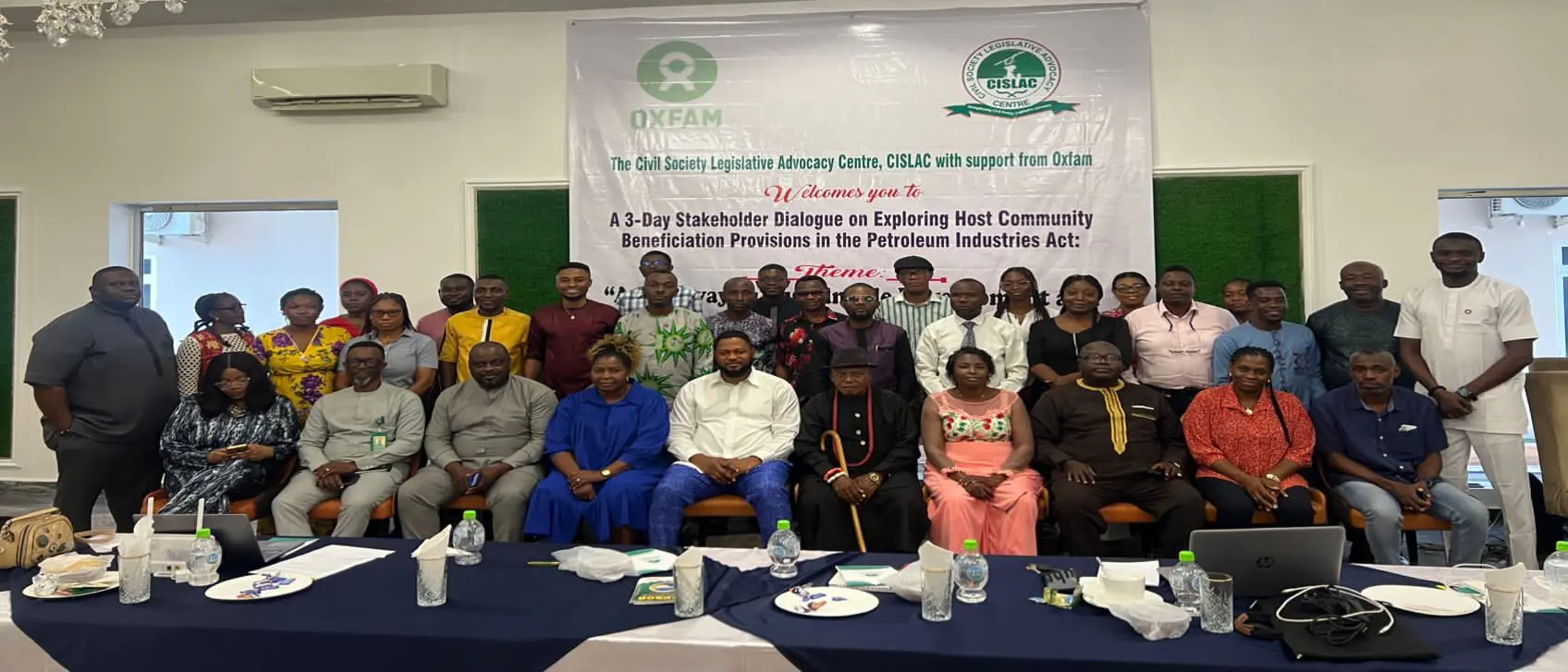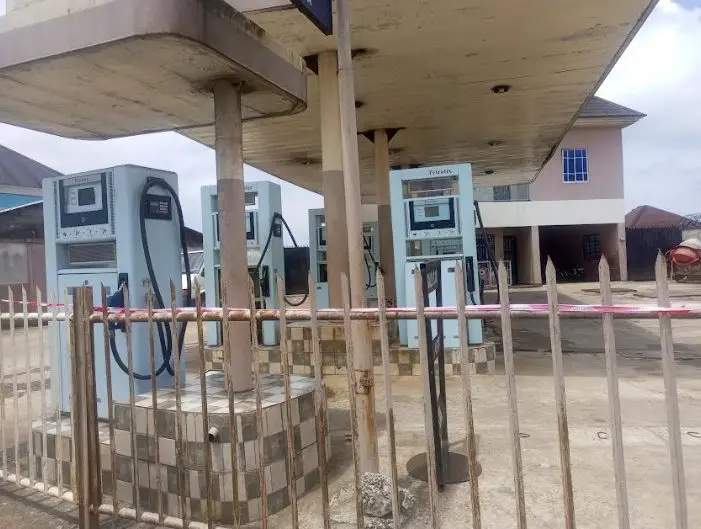Oil producing communities in Akwa Ibom State, civil society organisations as well as the media have called on the Nigerian Upstream Petroleum Regulatory Commission (NUPRC) to make public the available data on the 3% Operating Expenditure (OPEX) revenue paid by oil firms in the state as well as how the revenue is calculated, as stipulated by the Petroleum Industry Act, PIA.
This was part of the communique at the end of the ‘Stakeholders’ Dialogue on Host Community Beneficiation Provisions in the PIA and its Implementation’ held in Uyo, Akwa Ibom State, organized by CISLAC in partnership with OXFAM.
The communique observed that Host Community Development Trusts as established by the PIA do not know how the 3% OPEX is being arrived at but have to take whatever that is given to them for execution of projects.
The communique urged the regulatory body to explain how the revenue is being calculated.
It also urged NUPRC to make public how the Gas Flare Penalty of all oil firms are being utilized to address ecological issues citing the $21 million paid by Mobil for Akwa Ibom State to address the ecological footprint in the host communities as an example.
It added that state government should engage the Federal government on utilization of the gas flare penalty for the relief and remediation of host communities.
The meeting, therefore, reminded community stakeholders of their right to petition the EFCC and ICPC when the need arises or seek redress in court when they feel shortchanged by their HCDTs, as CAMA 2020 provides for the board and its members to be sued.
Parts of the communique read, “NUPRC should respond to the requests and furnish HCDTs and the public with data on the 3% OPEX revenue paid by settlors and how this is calculated transparently.
“NUPRC should give disclosure of how the Gas Flare penalty of all settlors are being utilized to address ecological footprint. For example, the 21 million dollars paid by Mobil for Akwa Ibom State to address the ecological footprint in the host communities. Communities and NUPRC should demand Gas Flare Elimination Plan from the companies and the redesign of their system to eliminate gas flare.”
Speaking on the failure of TotalEnergies to set up HCDT in Akwa Ibom, the communique urged the Ministry of Environment and NUPRC to assist oil producing communities of Ibeno, Mbo and Esit Eket to impend on the oil giant to establish HCDT in the state and not to “cherrypick” which trust they can set up or not.
The communique also charged the HCDT to make public the tender and bid in the procurement process of their projects and programmes noting that opacity and corruption in the committee deny communities of the needed critical social goods and services, such as health, education, public security, agricultural inputs etc.
It further charged the NUPRC, CSOs and other critical stakeholders to increase media sensitization on the HCDT and their operations to assist with amplification, awareness on the provisions of PIA to the locals.
The communique urged the state ministry of petroleum/environment to set up oversight monitoring mechanisms to monitor the activities of the HCDTs, settlors and the regulators. It added that NUPRC should recruit more personnel in the HCDT unit and train existing staff to increase efficiency within the unit.
PIA: NUPRC asked to account for 3% OPEX revenue from oil companies in Akwa Ibom



